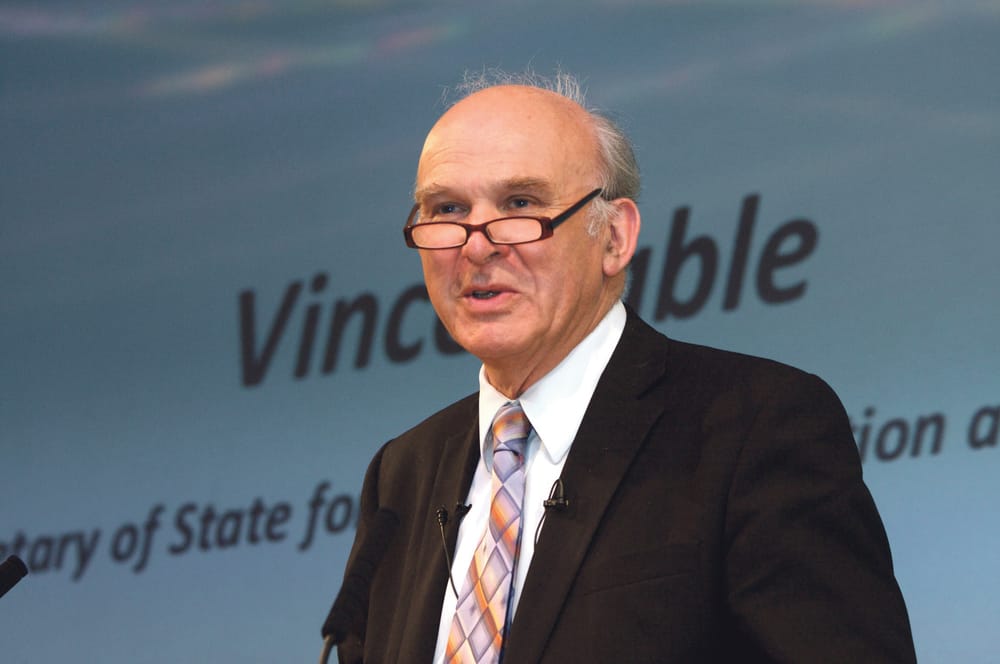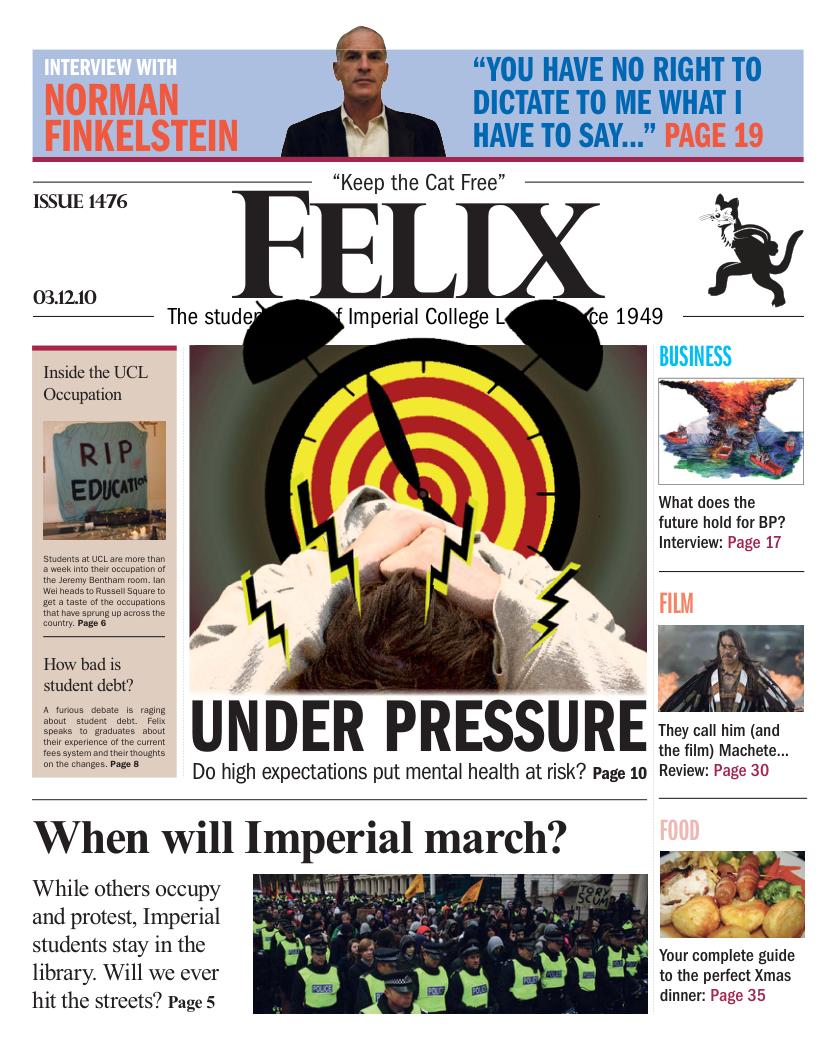Tuition fees: Bearable burden or crippling debt?
Felix speaks to graduates about the old system, the proposed changes and how greatly their student debt affects their lives

The latest higher education reforms have not been without significant resistance from many, with one of the key issues being the fear of significant debt following a proposed increase in tuition fees. Current graduates are no strangers to debt, with many owing several thousand pounds following their degree. Felix sought to discover just how dramatically the current system affects graduates and whether they themselves approve of the impending changes or stand against them.
All prospective and current students who are citizens of a European Union member state are eligible for an annual tuition fee loan which matches the yearly cost of their course. For the vast majority of students, this figure currently stands at £3,290, and rises each year with inflation. Additionally available is a maintenance loan, up to a maximum of around £3,500 (higher for London students). Total student debt upon graduation therefore, for most students making maximal use of both of the loans available over three years, will stand at at least £20,000.
Daisy Cantalamessa, 23, a graduate from the University of Manchester, applied before the current system of top-up fees was introduced, though feels that it is “a fair [system], although I think we should be given more control over how much we pay back.”
Repayment of the debt is structured such that a certain percentage (9%) of earnings above a minimum threshold (currently £15,000 in annual earnings) is automatically collected from a university graduate’s pay packet, similar to a tax. This means that someone earning the UK’s average graduate salary – around £25,000 – will repay 9% of £10,000 per year, (£900) in debt contributions. At this rate, it would take over 20 years to pay back the full extent of the loan, not taking into account interest, which does not cause the amount owed to rise in real terms.
The introduction of top-up fees in 2006 was itself not without controversy – not least due to the extreme closeness of the 2004 parliamentary vote , and the involvement of a number of Scottish members of parliament – whose constituents are unaffected by the changes – voting for their introduction.
Tony Blair’s Labour government argued in 2004, despite their 2001 election manifesto claiming that the party “[had] no plans to introduce University top-up fees, and [had] legislated to prevent their introduction”, that the changes were necessary for the country’s universities to remain internationally competitive. Indeed, the Russell Group of Universities, which includes Imperial College, supported their introduction. The government took the position that because university graduates on average earn a significant (though disputed) amount more over their lifetimes, it is reasonable for them to contribute to the cost of their tuition.
Tom MacDonald, 26, a graduate from Northumbria University, determinedly believes the current system to be suitable: “Even though I prefer not to lose so much money a month, I borrowed the money in the first place and now I have to pay it back. I don’t see the point in moaning about it because it wasn’t my money in the first place.”
The current system’s opponents argue that because society as a whole benefits from those that hold degrees in a wide range of fields, the general public should shoulder higher education’s financial burden via tax increases. They believe that a system of variable fees with some universities charging more per year than others inappropriately creates a kind of market within higher education, and that it is wrong to burden students with such an amount of debt at such an early stage in their careers. This line of criticism is particularly relevant to today’s continuing debate surrounding the current coalition government’s planned rise of the tuition fee cap to £9,000, as the level of debt that students graduate with is these proposals’ most palpable change.
Sarah Church, 21, a recent graduate of the University of Lancaster, was amongst the first intake of students who were affected by the introduction of top-up fees in 2006. She criticizes the current system as unfair, stating that, “At the time, I wasn’t really fazed by the top-up fees because I was too excited about starting university. However, now that I’ve finished, I am worried about paying my student loan back because I am in so much debt compared to my friends who graduated a year earlier!”
In a speech to the House of Commons on the 3rd of November 2010, Minister of State for Universities and Science David Willetts outlined the future of student finance after having listened “with open minds” to Lord Browne’s proposals.
Under the proposed changes, the minimum threshold of £15,000 will be raised to £21,000, with 9% of earnings above this again being collected from the graduate’s salary. According to Willets, “raising the threshold reduces the monthly repayments for every single graduate,” although by the previous analysis, this will take considerably longer than 20 years to repay. However, Willetts continues by making the claim that around a quarter of graduates with the lowest lifetime earnings will pay less than under the system currently in place.
Seeking to address concern from those who will particularly be disadvantaged faced with higher fees, Willetts brought up the intended plan of the ‘National Scholarships Programme’, a £150 million scheme designed to ensure that “bright potential students from poor backgrounds” will not be disadvantaged when applying to university. Benefits include a free first year or foundation year in respective courses.
Currently, if annual earnings at any point fall below the £15,000 threshold (for example, upon being made redundant), repayments fall to zero. Unlike a standard bank loan, failure to repay due to circumstance is not penalised, and any outstanding debt remaining after 25 years is written off (a significant contrast to the 30 years proposed by Willetts).
Cantalamessa is opposed to the government’s planned changes, citing the loss of various “generous grants” and noting a marked change in the situation today, “Students now not only have larger debts, as they have to pay triple what I did for course fees, not to mention that could triple again, but also are given less of a maintenance loan to live on.”
Willetts suggests that the changes to funding “will deliver a better deal for our students, for our graduates and our universities.” Graduates of the future will have no choice but to determine whether this is a deal worth the consequences.









